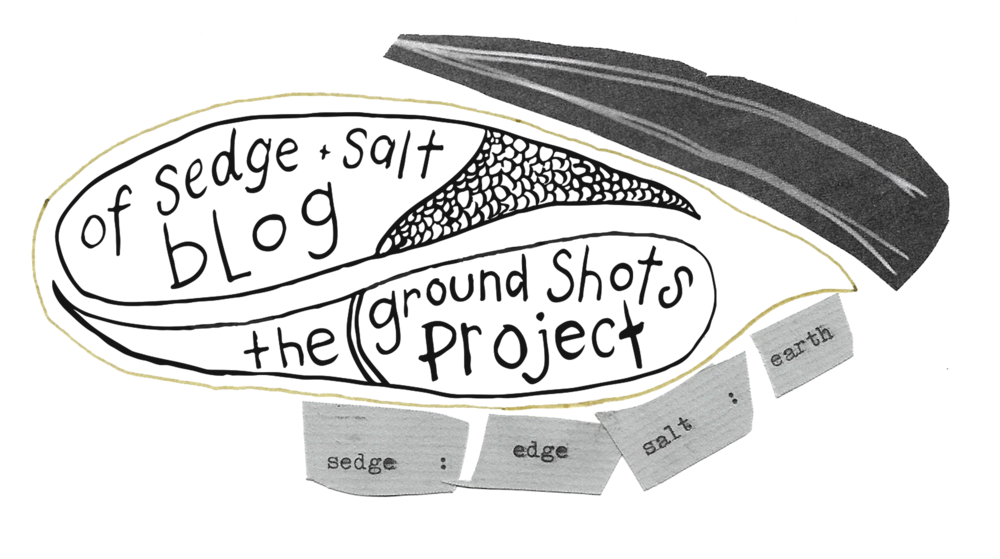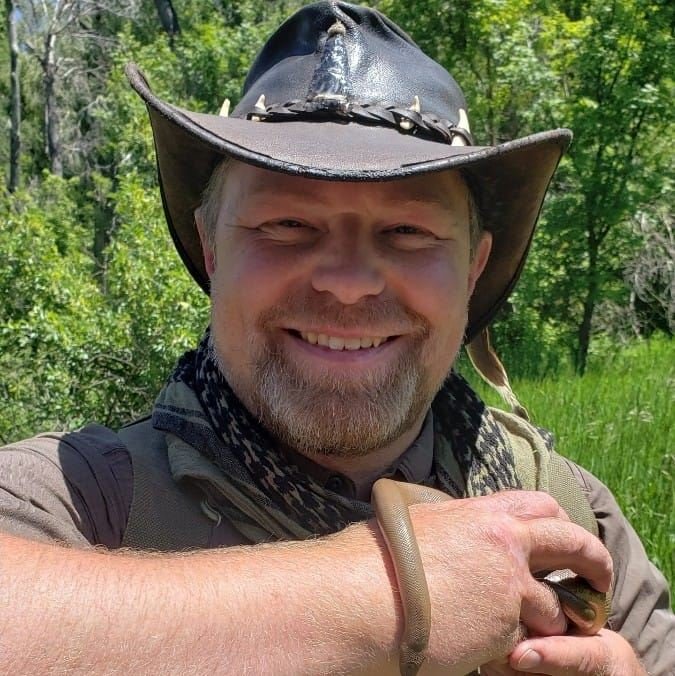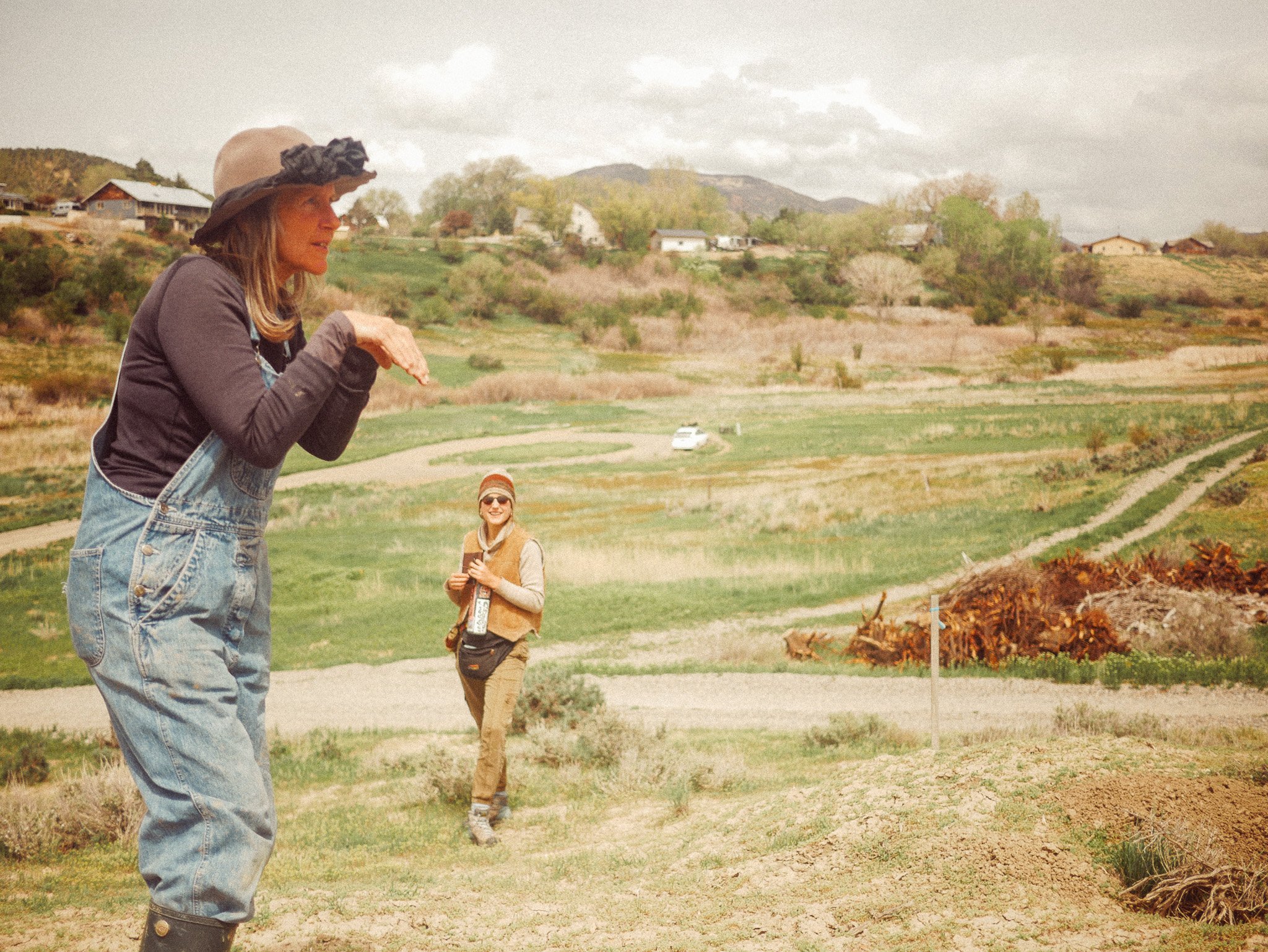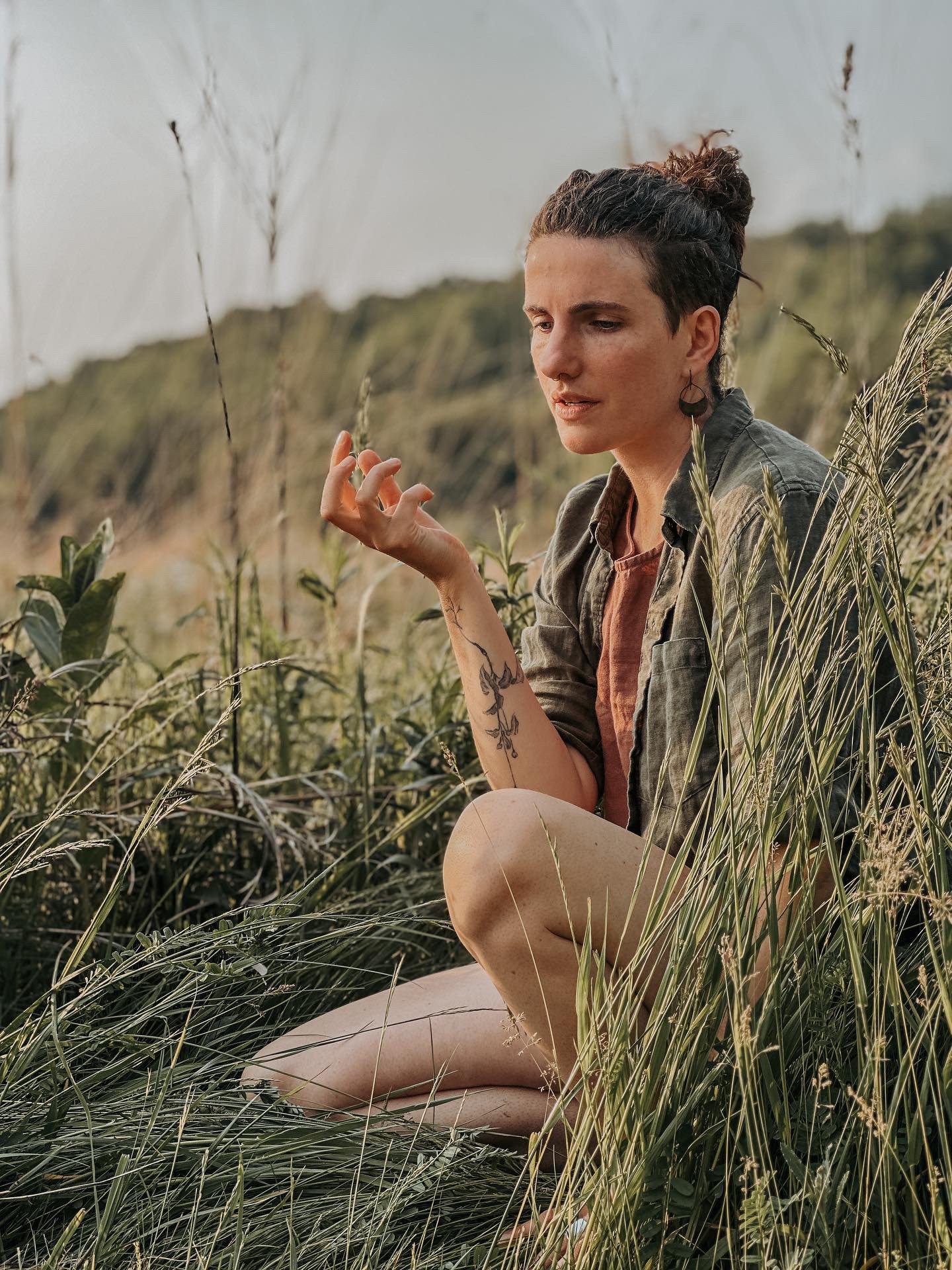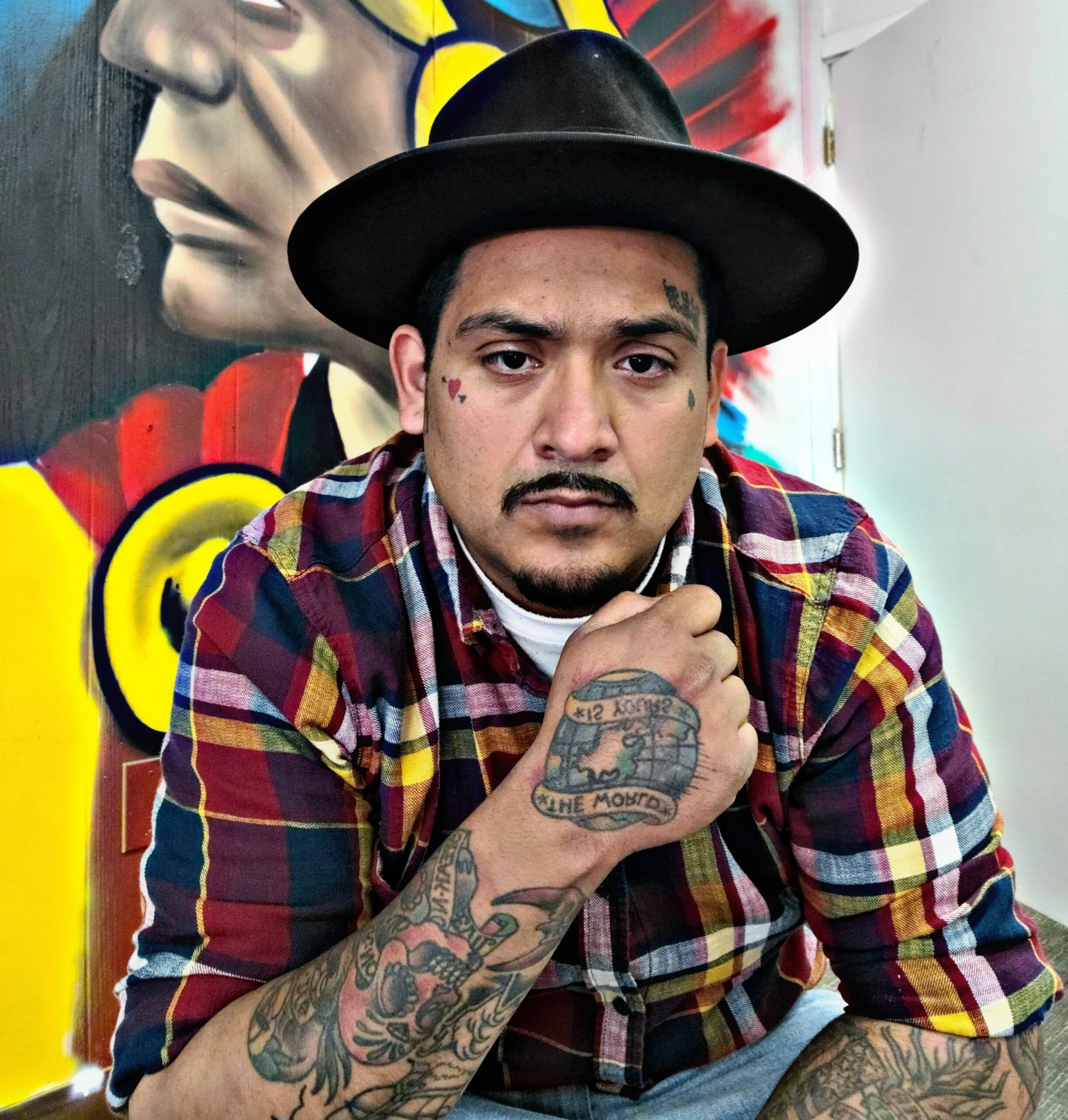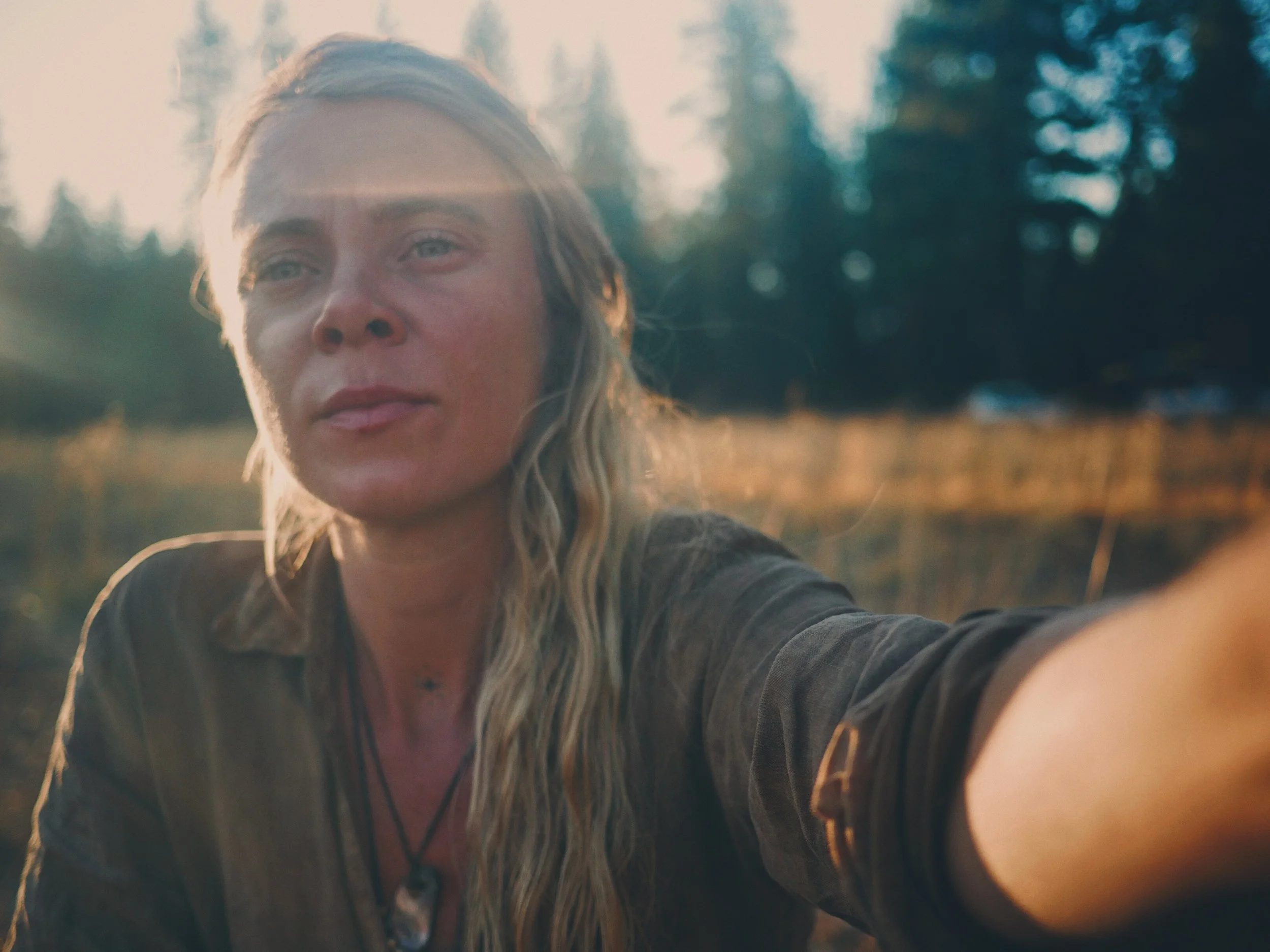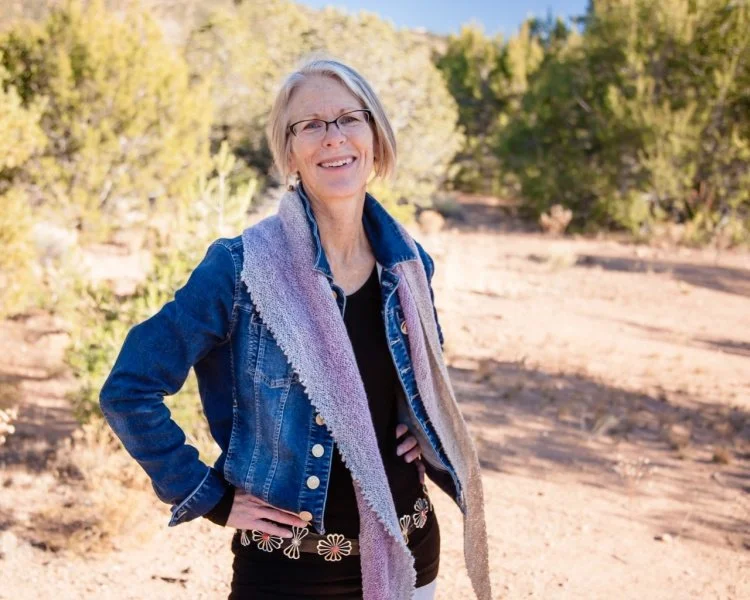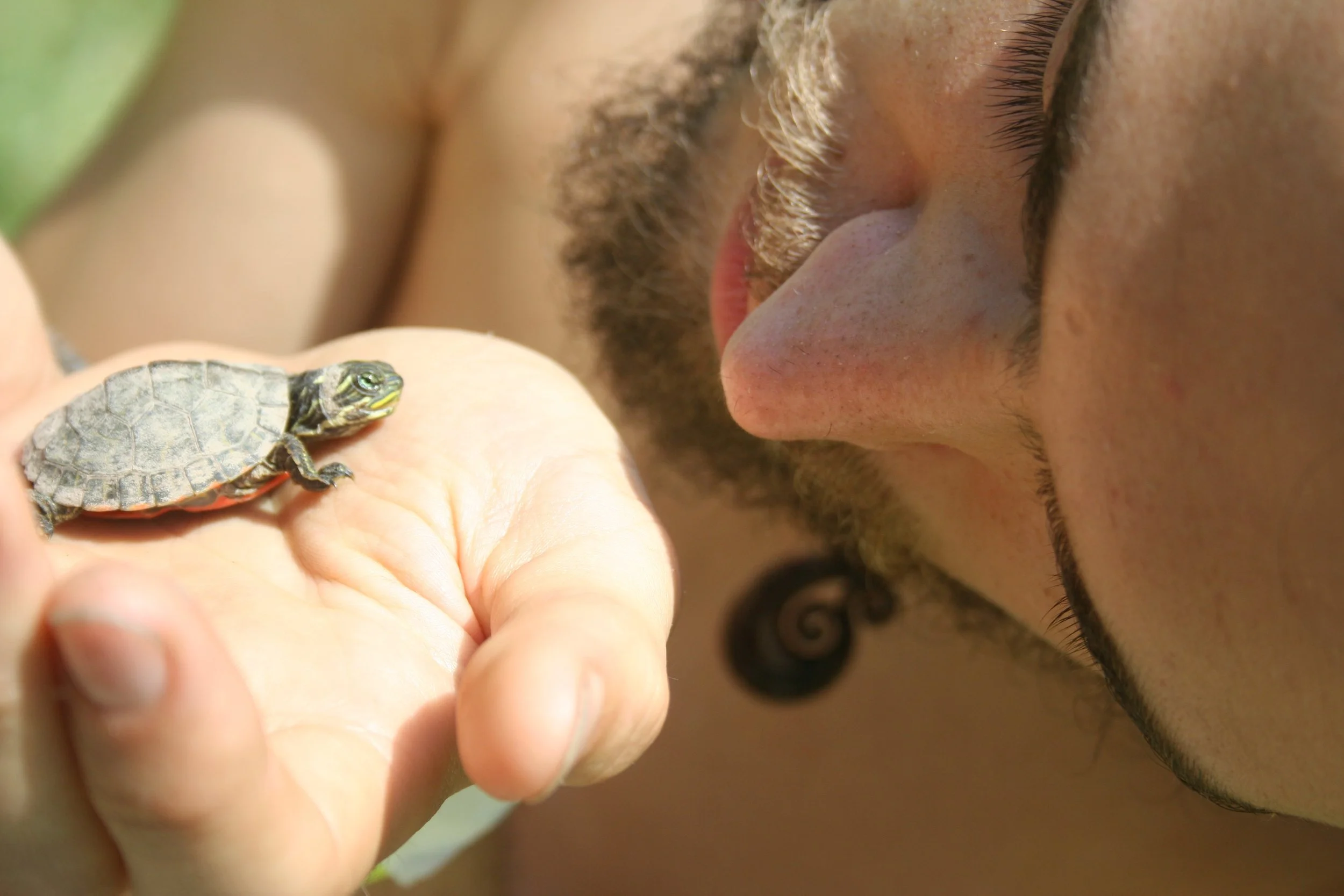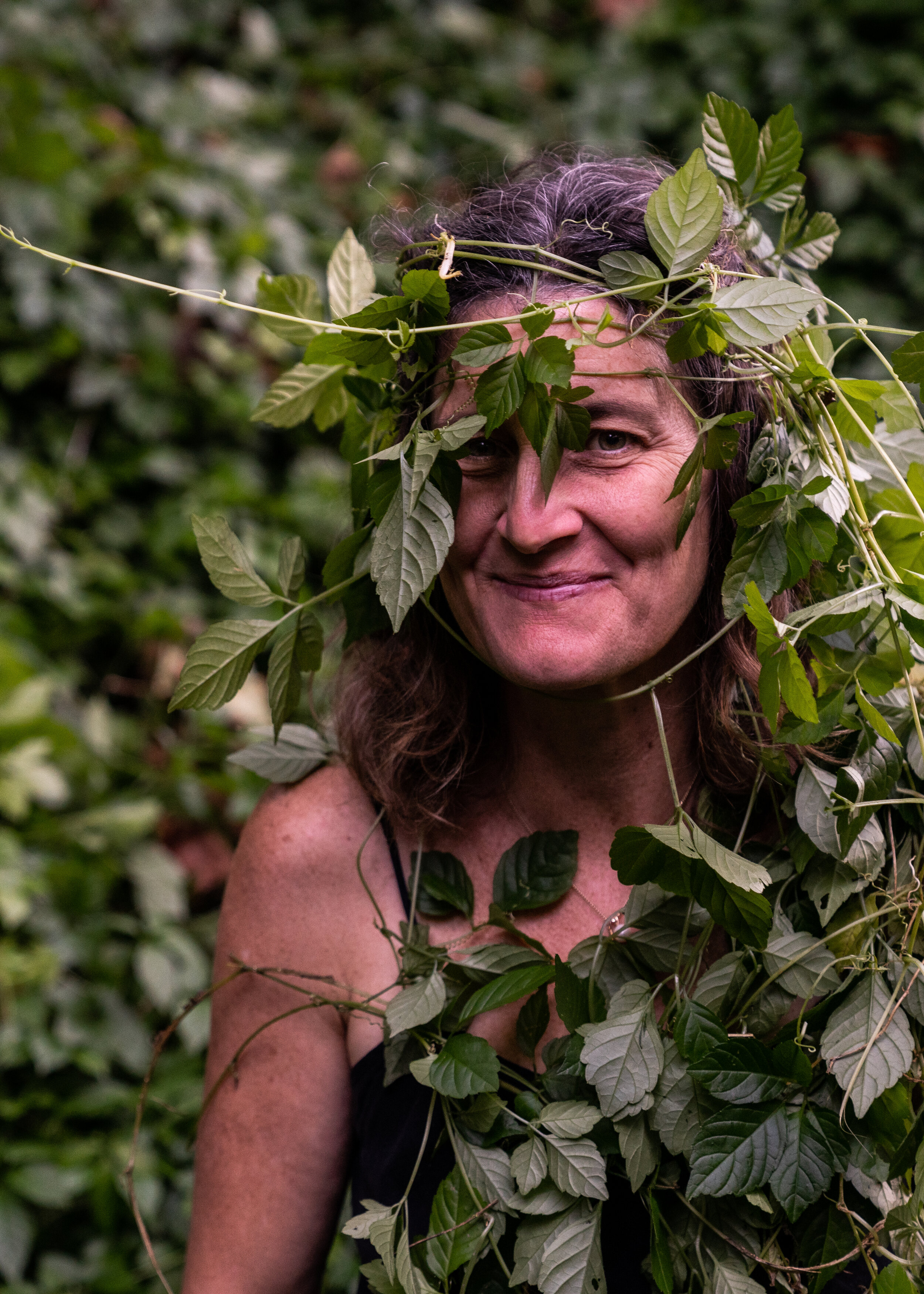Episode #84 of the Ground Shots Podcast is a conversation with Jeff Wagner out of Paonia, Colorado, director of Groundwork, a regional nonprofit educating about food systems in a changing world and more.
Where the Colorado River ends in the Sonoran Desert
Photographer: Pete McBride, U.S. Geological Survey, Public domain, via Wikimedia Commons
John Wesley Powell’s original map suggesting state lines be drawn by watershed and geography
We sat down at Elsewhere Studios, a space that lived as an eclectic artist residency for over 12 years in Paonia, Colorado in an old eclectic building downtown renovated by local artists with tons of myths and stories associated with it including that Terrence McKenna (born in Paonia and is buried quarter mile from where I write this) opened a portal in the basement, who will ever know for sure. It has housed many artists and writers over the years making work and influencing the valley’s culture. I was involved in the last residency in the space as a part of Texas Tech’s Art and Environment MFA program and lived with two MFA students during my time there. Alicia Toldi, podcast guest in the early days, first co-envisioned Piney Wood Atlas at Elsewhere, and Piney Wood Atlas is where I found Signal Fire, a program where I did two month long walking wilderness residencies in 2017 and 2019 called Wide Open Studios where we deconstructed the wilderness myth and land colonization stories in the inland Northwest and the Southwest and made art in response. I’ve also have several Signal Fire alumni on the podcast over the years. These residencies have heavily influenced my work and also the ecology programs I have been teaching in the region, so it came full circle for me to spend a month making artwork, writing and making out of my land based materials during their last month. Jeff came over and we recorded this episode in the gingerbred house in the back yard, with catywonk windows and under the shade of giant Ash and Elm trees, a little green oasis by a historic irrigation ditch in a desert landscape. Jeff took time out of his busy schedule farming to talk to me in the shade of the cool cottage. I’ve been teaching experimental ecology courses on the Grand Mesa and in Unaweep Canyon in Western Colorado for Groundwork the last two summers, and Gabe Crawford, former podcast co-host, and co-conspirator in the Colorado Trail Project documented on the podcast in 2020 is the original founder of the program’s vision in 2022.
From Groundwork’s website:
Groundwork is a place-based education program working to deepen our society’s relationships with land, food, and water and to cultivate generative and regenerative ways of living and relating. Our mission is to inspire the cultural shifts needed for a sustainable future.
Rising to meet the challenges posed by climate change, ecological decline, and environmental injustice requires more than new technologies and policies. At Groundwork, we believe it also requires profound shifts in the ways we relate to one another and to the world around us. Groundwork offers educational programs and publications that seek to shift the foundations of the ways we understand ourselves and our place in the world, in order to work towards more just and sustainable shared futures.
A culture, like our planet, is a living ecosystem, constantly shifting and changing based on the values, attitudes, and practices cultivated within a particular community. Groundwork creates spaces to critically reflect upon, challenge, experiment with, and create anew those building blocks of culture. Our offerings create opportunities for the emergence of new kinds of relationships and ways of being within the human and more-than-human world.
We believe that reimagined relationships and practices—in essence, emergent cultures—are the foundations of systemic change.
Our current state lines make it very difficult to manage the Colorado river watershed along political boundaries with no regard to the complexity of the watershed’s needs. The Colorado river watershed expands from Wyoming to Mexico
Colorado river map credit: https://upload.wikimedia.org/wikipedia/commons/d/d1/Colorado_River_basin_map.png
In this episode of the podcast, we talk about:
What does it mean to be in connection to land as a solution to our world’s problems?
How the Colorado River is a microcosm of a way of seeing the world
The Colorado River is not just a watershed but has become connected to what it means to be American and it isn’t always obvious to most at first
How is the agricultural area of the Imperial Valley in southern California connected to the Colorado River and the American psyche?
How does our idea of healthy food as a culture affect the Colorado River watershed, and effectively the world?
Hoes does our idea of healthy food as a culture affect the Colorado River watershed and effectively the world?
How can we compare issues around the Colorado River with the MeKong in Southeast Asia?
How putting in dams on large rivers like the Colorado disrupts fisheries and causes huge issues along entire ecosystems
How dams were put in on the Colorado River
Everyone wants something from the Colorado River
Los Angeles gets about 1/3 of its water from the Colorado River and why this matters, especially since LA isn’t even in the Colorado River watershed
The Colorado River is at a peak collapse point due to drought, overuse and other factors
How drawing the state lines in the west created issues for managing the Colorado River watershed
The Colorado River COmpact and how it dictates water use across state political entities
How the anti-dam building movement galvanized the environmental movement
The relationship between geology, irrigation, and salinization in the Colorado River watershed
Why the Glen Canyon Dam could get removed in the next decade and why
What are the solutions and why are they not so simple?
How is growing food or tending wild foods radical acts?
What does it mean to make change as a society from the bottom up and the top down and how is the Colorado River problem teaching us about ourselves?
One of David Brower’s ads comparing the Grand Canyon to the Sistine Chapel, mentioned on the podcast
https://library.nau.edu/speccoll/blog/wp-content/uploads/2014/12/Should_we_also_flood_the_Sistine_Chapel.jpg
Links and Resources connected to this episode:
Colorado Public Radio ‘Parched’ Series
‘Chasing Water’ movie
Johnathan Thompson’s Landdesk publication on Substack regularly writes on current issues of the Colorado River
Cadillac Desert The American West and Its Disappearing Water by Marc Reisner
Where the Water Goes: Life and Death Along the Colorado River by David Owen
Thinking Like a Watershed: Voices from the West by Jack Loeffler and Celestia Loeffler
Encounters with the Archdruid: Narratives about a Conservationist and Three of His Natural Enemies by John McPhee
The Unlikely Peace at Cuchumaquic: The Parallel Lives of People as Plants: Keeping the Seeds Alive by Martin Prechtel
The Art of Fermentation by Sandor Katz
The Parable of the Sower by Octavia Butler
‘The uncompromising environmentalist behind the Sierra Club’ by Joshua Zaffos High County News article about David Brower
‘Western States Opposed TribesAccess to the Colorado River 70 Years Ago’. History Is Repeating Itself.’ article by Mark Olalde, ProPublica, and Anna V. Smith, High Country News
